Board members are entrusted with a lot of confidential information from their employers as part of their fiduciary responsibilities as directors. Some of this information is non-public material – the disclosure of which is controlled by law and company policies – while other information is, especially in the case of businesses that are for profit is highly sensitive and personal. The fact that some of the information discussed during boardroom discussions is sensitive and also important creates a particular trust issue when it comes to keeping that information safe from leaks.
Leaks can be disastrous to any business and those affected, and they may not only impact the company’s financial performance, but could also hurt the reputation of the individual directors. The nature of the leak (and the circumstances that led to it), they may even expose directors to civil or criminal liability.
The best way to secure confidential documents for boards is to ensure that all signers of the confidentiality agreement know what information is required to be kept private, and are willing to abide by those terms. This includes identifying the information to be secured and clearly defining any restrictions on disclosure. For example it could be that the information may only be divulged to the company’s sponsor or other directors.
Additionally it is vital to have a comprehensive and comprehensive Confidentiality Policy which is given to all directors (and their sponsors in the case of constituency directors) before they start serving. This will enable them to comprehend their responsibilities as directors and create an environment that values confidentiality as a fundamental aspect of director’s responsibilities.


Leave A Comment